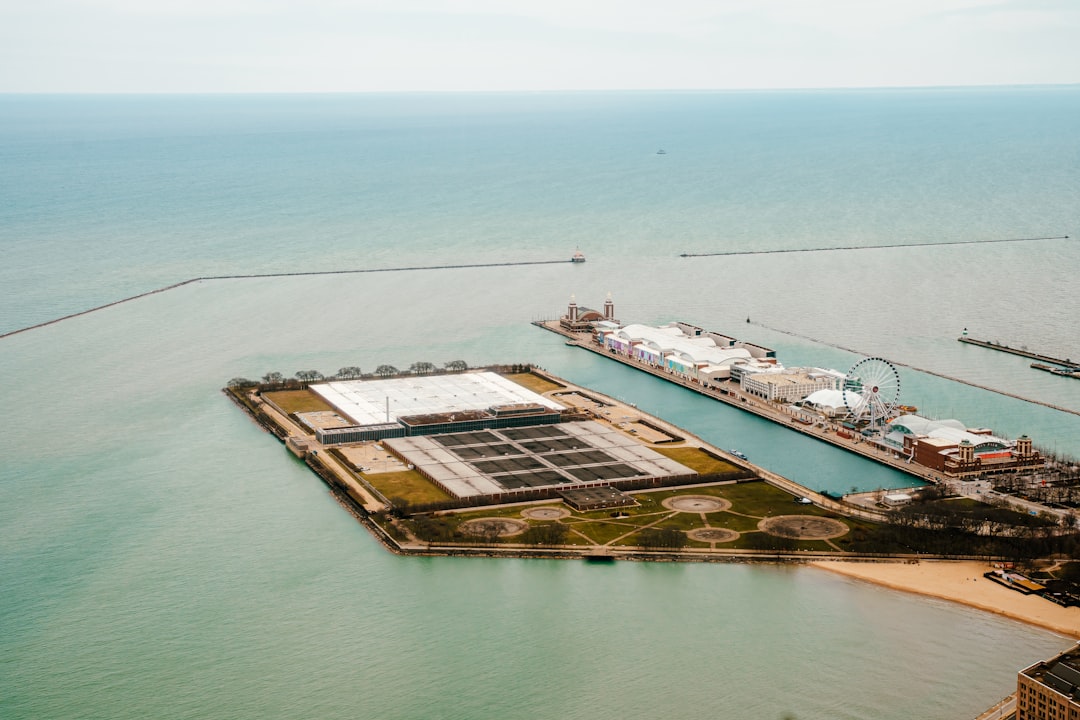Wetland villages, rich in biodiversity and near marshes/forests, offer natural spam call filters. Illinois residents, facing a surge in unwanted calls, can protect these habitats through legal action with lawyer for spam call Illinois, mitigating telemarketing while preserving environmental health. These villages physically block or delay spam, providing a peaceful retreat and combining ecology with technology to combat spam effectively.
In today’s digital era, spam calls have become a ubiquitous and vexing problem for Illinois residents. Wetland villages, with their lush natural environments, offer an innovative solution. This article explores how these unique communities are harnessing the power of nature to filter out unwanted calls. From understanding the benefits of wetland villages to delving into the legal perspective for combating spam in Illinois, we uncover a promising approach that combines ecological preservation and technological advancements. For residents seeking relief from persistent spam calls, this could be a game-changer.
Understanding Wetland Villages and Their Unique Benefits

Wetland villages, as the name suggests, are communities nestled within or adjacent to wetlands—biodiversity-rich ecosystems that include marshes, swamps, and wet forests. These unique environments offer more than just scenic beauty; they play a crucial role in water purification and flood control, naturally filtering pollutants and excess water. In today’s digital age, where spam calls have become a persistent nuisance, these natural filters present an intriguing solution.
By understanding the ecosystem services provided by wetlands, local communities, and even lawyers specializing in spam call Illinois, can work together to protect and restore these vital habitats. Wetland villages act as natural barriers against invasive species, helping to preserve biodiversity. Moreover, their complex root systems absorb excess nutrients, improving water quality. This organic approach not only reduces the volume of spam calls but also contributes to a healthier environment, making them an essential asset in the fight against unwanted telemarketing.
The Rise of Spam Calls: A Growing Concern for Illinois Residents

In recent years, Illinois residents have faced a persistent and increasingly frustrating issue—the surge in spam calls. What was once an occasional nuisance has transformed into a daily deluge of unsolicited phone calls, from marketing messages to fraudulent schemes. This growing concern has prompted many to seek relief, often turning to a lawyer for spam call Illinois for guidance and legal recourse.
The ease and affordability of automated dialling systems have fuelled the explosion of spam calls, making it easier than ever for scammers and marketers to reach potential victims. As technology advances, so do the tactics employed by these callers, making it more challenging for residents to distinguish legitimate calls from unwanted intrusions. This has led many Illinoisans to explore their legal options, aiming to reclaim control over their communication channels.
Willow Project: Harnessing Nature's Power to Filter Spam

The Willow project is an innovative approach to tackling a modern nuisance—spam calls. By harnessing the natural power of wetlands, this unique initiative aims to filter and reduce unwanted phone calls. The project involves creating specialized villages within wetland ecosystems, designed to attract and trap incoming spam calls as they attempt to reach their intended recipients. Nature becomes the ultimate tech solution, offering a sustainable and eco-friendly method of communication protection.
Illinois residents tired of relentless spam calls now have a natural ally in their fight against these persistent intruders. With a lawyer for spam call Illinois, you can navigate legal options, but Willow takes a different route, utilizing the environment to curb this growing problem. This project showcases an intriguing fusion of ecology and technology, where wetlands play a crucial role in maintaining a peaceful, spam-free communication space.
How Wetland Villages Use Natural Barriers Against Spam Calls

In the realm of modern communication, Wetland Villages stand out as unique solutions to a prevalent issue—spam calls. These communities, characterized by their natural settings and sustainable living, employ an innovative approach to filtering unwanted phone inquiries. By harnessing the power of physical barriers, such as dense foliage and water bodies, they create a natural defense mechanism against spam callers.
The strategic placement of trees, shrubs, and wetlands serves as a natural filter, blocking or delaying incoming calls. This eco-friendly method not only enhances the overall aesthetic appeal of the village but also provides residents with a peaceful environment free from persistent telemarketers. As a result, Wetland Villages offer an appealing alternative for those seeking respite from the constant barrage of spam calls, even encouraging individuals to consider relocating to these harmonious settings and consult a lawyer for spam call Illinois for further protection.
Legal Perspective: A Lawyer's Guide to Combating Spam in Illinois

In Illinois, combating spam calls has evolved from a consumer concern to a legal imperative. A lawyer specializing in telecommunications law plays a pivotal role in navigating the complex regulatory landscape surrounding unwanted phone calls. The Telephone Consumer Protection Act (TCPA) serves as the cornerstone of federal legislation aimed at curbing spam calls, with state-specific laws like Illinois’ own adding further layers of protection for residents.
These legal experts guide clients on best practices to minimize the risk of liability associated with spam call incidents. They offer strategic advice on obtaining proper consent, implementing robust do-not-call mechanisms, and developing effective policies for handling consumer complaints. For individuals or businesses facing a deluge of spam calls, retaining a lawyer for spam call Illinois services can be a game-changer, offering both defensive and offensive strategies to reclaim control over communication channels.






